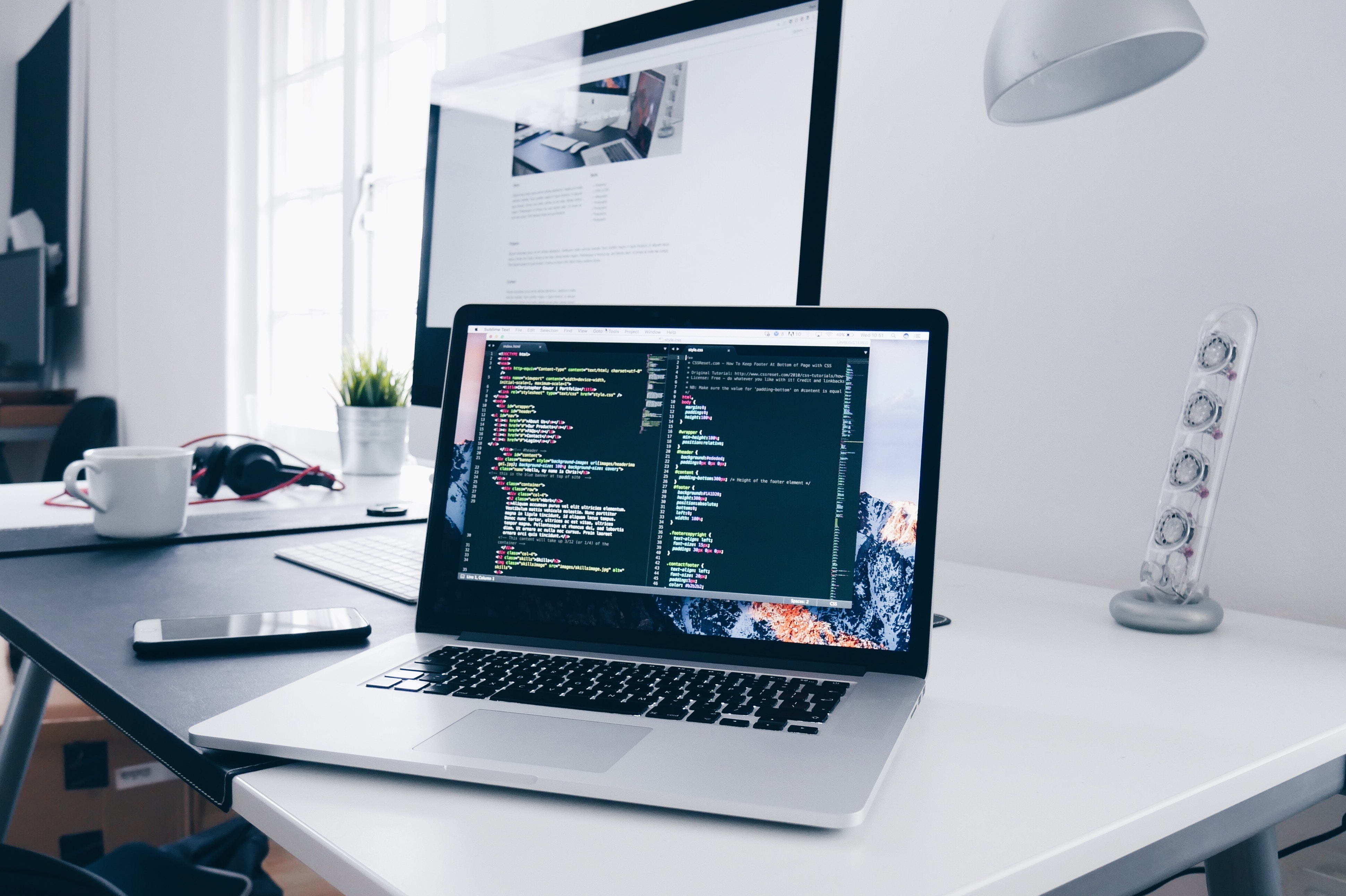AI and the Future of Work: Embracing Collaboration between Humans and Machines
Feb 6, 2022
The evolution of technology, particularly artificial intelligence (AI), has ushered in a new era in the world of work. As AI capabilities expand, there's a growing conversation around the relationship between humans and machines in the workplace. Far from the dystopian future portrayed in some narratives, the integration of AI is paving the way for a harmonious collaboration that maximizes the potential of both humans and machines.
The Changing Landscape of Work
With advancements in AI, traditional job roles are undergoing significant changes. Routine and repetitive tasks are increasingly being automated, freeing up human workers to focus on higher-value activities that require critical thinking, creativity, and emotional intelligence. This shift challenges the way we perceive work, emphasizing the importance of skills that are uniquely human.
AI as a Collaborative Partner
Rather than viewing AI as a replacement for human jobs, it's more accurate to see it as a collaborative partner. AI excels at processing and analyzing vast amounts of data quickly, identifying patterns, and making predictions. This enables it to provide valuable insights that human workers can use to make more informed decisions.
For example, AI-powered analytics can help businesses identify market trends, customer preferences, and potential opportunities. This information empowers human employees to devise strategies, devise creative solutions, and drive innovation.
The Rise of Augmented Intelligence
Augmented intelligence, a concept that combines human intelligence with AI capabilities, is shaping the future of work. This approach leverages AI's strengths to complement human skills, resulting in more efficient and effective outcomes. Humans bring empathy, intuition, and contextual understanding to the table, while AI contributes data analysis, pattern recognition, and automation.
One prominent example is the field of medicine. AI-driven diagnostic tools can rapidly analyze medical images and data, assisting doctors in making accurate diagnoses. This collaboration between human expertise and AI's analytical power enhances patient care and medical decision-making.
Reskilling and Upskilling for the Future
To fully harness the potential of this collaboration, the workforce needs to adapt. Reskilling and upskilling initiatives are vital to equip employees with the skills needed to thrive in an AI-augmented workplace. Soft skills such as creativity, emotional intelligence, and adaptability become even more valuable in a collaborative setting.
Businesses, educational institutions, and governments must work together to provide accessible training programs that empower individuals to stay relevant in a changing job landscape. Lifelong learning becomes a cornerstone of professional development.
Conclusion
The future of work is not a battle between humans and machines, but a partnership that capitalizes on the strengths of both. The integration of AI does not diminish the role of humans; rather, it amplifies our capabilities. By embracing collaboration between humans and machines, we can unlock unprecedented levels of productivity, innovation, and societal progress.
As we navigate this transformation, it's essential to approach AI integration with a forward-thinking mindset that prioritizes human potential and embraces the symbiotic relationship between technology and humanity. In this way, we can ensure that the future of work is one of shared success and limitless possibilities.


